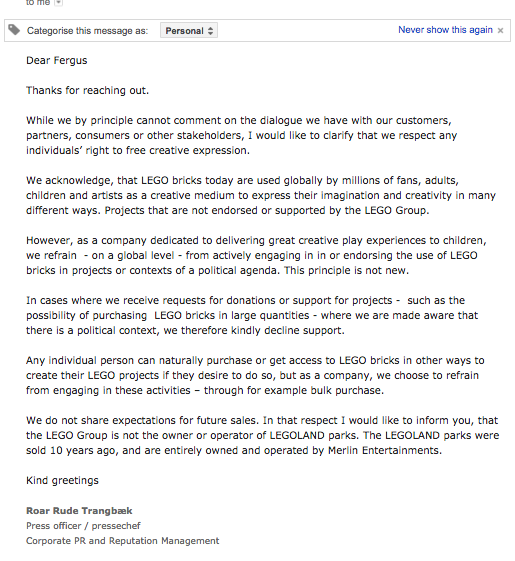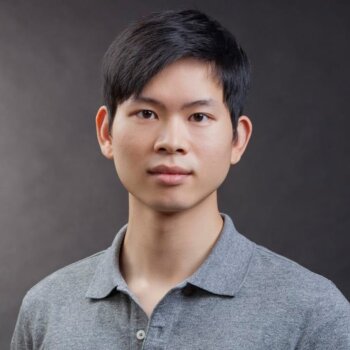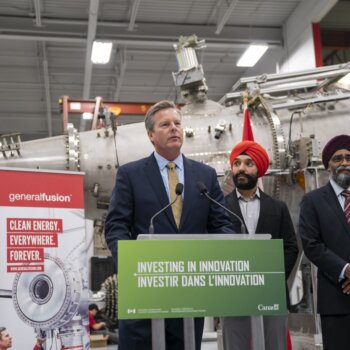So here’s the issue. Ai Weiwei made a bulk order of bricks to create an artwork. LEGO refuses the request on the basis that they, as a company, cannot approve the use of their product for political works.
(this post was originally published on The Wooden People)
I won’t say more on this, assuming the reader is already familiar with what is going on. Here I’m interested in briefly assaying Lego official position on the subject matter. Is it justifiable? if yes, to what extent? if no, why not?

To address the question we can’t help but to stick to the evidence and look at the response Lego sent to Ryan Ferguson, who kindly publish it on twitter.
First, let’s give back to Lego what is Lego’s. Press officer’s comments clearly conveys LEGO’s official attitude toward external projects that involve the use of bricks, as well as commenting the issue inside the framework of the company’s policy.
I, nonetheless, consider one specific claim to be problematic. In the mail we can read:
“..as a company dedicated to delivering great creative play experiences to children, we refrain –on a global level– from actively engaging in in or endorsing the use of LEGO bricks in projects or context of political agenda. This principle is not new”.
It is not entirely clear how we should understand the principle in the first place. Let’s examine the first bit of the response, that is:
“Lego is a company dedicated to delivering great creative play experiences to children”.
I consider this claim to be vague or, at least, partially false. Let me offer one reason.
We all know, even by common sense or experience, that LEGO is dedicated to deliver value to children. However, LEGO had actively supported projects that don’t focus exclusively on children. To pick out one example, among others, think about LEGO Serious Play (LSP).
LSP is an independent project, supported and funded by Lego, whose goal is to use bricks to foster managerial thinking, improving strategic decisions within the context of a business enterprise. Clearly, changing the way business is conducted affects what we consider the social responsibility of economic strategies. If we rethink our business strategies –hopefully for the better– we should then expect these to have a impact on society. Plausibly, a political one; consumers are also, maybe primarily, citizens. A similar, though weaker, case is the “Denken with LEGO” set (DWL). Despite being something also children can enjoy, fostering logical thinking clearly has a political impact –at least, if you believe educated, critical citizens are what makes a difference for a democracy.
But if this is true, how should we understand the claim that Lego:
“refrain from actively engaging in in or endorsing the use of LEGO bricks in projects or context of political agenda” ?
Why Lego supported LSP but not Ai WeiWei project? After all, changing in business and, in general, thinking, always happen inside political context and, thus, have political effects. And the same can be said about Ai Wei Wei project.
A natural way for Lego to escape the problem is to say “Well, but LSP and DWL do not directly endorse any political agenda, nor they are political projects”. But this claim solves one problem only to create another. Even if Ai WeiWei is an activist, Ai WeiWei work is not, after all, a political work; is a work of art. It certainly affects political context, but it is not, by itself, a political project. To conflate art into politics is misleading, if not completely wrong.
So here’s the problem:
If LEGO denies Ai WeiWei on the basis that it affect a political context, then it clearly contradict other evidences from its commercial conduct; if LEGO denies Ai WeiWei on the basis that it is a political project, then it clearly misunderstands the nature of the project, which is artistic.
Notice that Lego might bites the bullet and say “well, yes, I’m contradicting my commercial conduct”. However, this will weaken the principle and, most importantly, would weaken LEGO’s denial of WeiWei’s request. Indeed, if an exception has been made in the past, why not making another one?
To summarise, either the principle can’t be used to justify WeiWei denial, or it is not clear, as far as I see, how this principle is applied.
Does this implies that LEGO’s conduct is not justifiable? yes and no.
Clearly, the reasons LEGO presents to support their denial of Ai WeiWei request are probably weak. But this should not surprise us. The principle discussed above, indeed, has been taken to express some sort of neutrality of Lego Company in respect to political activity; and, as Chris Berg pointed put, our is a “fallen world”, one in which “anti-political neutrality” is difficult to achieve. Are we going to pretend from LEGO something which is, generally in the world of business, not achieved? We shouldn’t transfrom LEGO into a scapegoat.
About the neutrality: is it also “obviously impossible” to achieve? This is a much broader question whose answer cannot be cashed out only by assaying this isolated case. I’d like to say something about anyway.
I believe that, as far as one is able to defend its own position with clear arguments, it would be able to engage with political problems even without direcly support political projects, raising awareness about a general situation that, in this case, doesn’t involve just LEGO, but the whole business ecosystem.
On the other hand, any projects, even artistic, that have intentional or not intentional political effects, should also be able to avoid mere discredit or, worst, foster acritical intolerant behavior toward this or that opponent; this only does the job of mudding the water. And only propaganda, from wherever side it comes, finds mudded waters a comfortable place to be.
LEGO, as far as I understand the problem, is neither supporting chinese state, nor censoring Ai WeiWei. LEGO is dealing with a big issue; one of those issues that philosophy can, if not solve, at least help to address properly. This, I think, can be a step toward a more clear a fruitful dialogue between business and activism. Because we need both to change society.
About the Author
This article was written by Andrea, philosophy PhD at @NottsPhilosophy, cofounder and philosophical advisor at @osd_it.





























